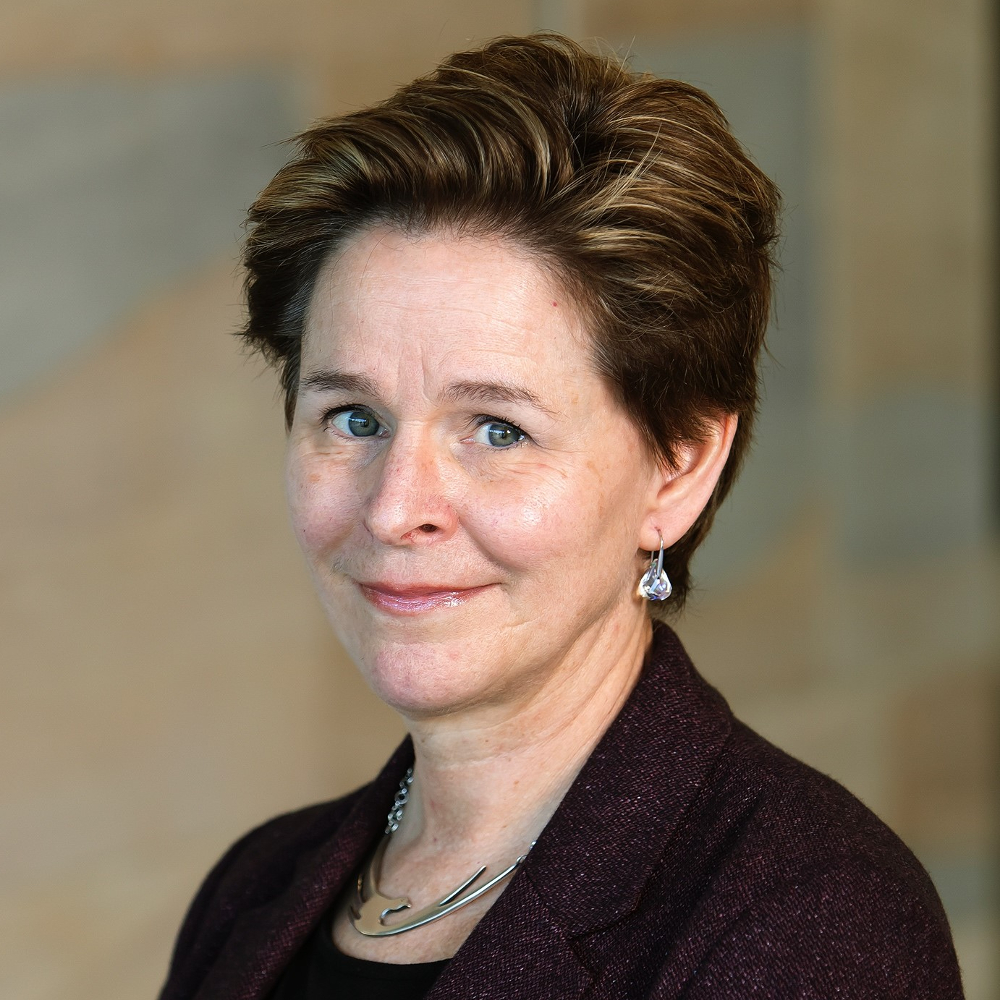We seek to understand the cause and consequence of political process
We approach political economy from an empirical perspective. We place an emphasis on understanding how political processes affect economic and public policies and, more generally, the distribution of resources, using comparative as well as international perspectives.
We are primarily interested how politics determines public policies and distributive outcomes within and across societies. We research the institutional determinants of policy learning, the political role of central banks, monetary and fiscal policies of the EU, the role of political and business lobbies in climate change negotiations, the determinants of foreign aid, or the relevance of political institutions for mortality during and after natural disasters.
We also contribute to three departmental methods working groups: mixed-methods research, data science & quantitative political methodology, and evidence & public policy. The methods working groups encourage collaboration across research divisions based on shared methodological interests and facilitate interdisciplinary research. They promote the representation of the full spectrum of empirical approaches in our political science research and teaching.
Research division members belonging to each methods working group are highlighted below:











